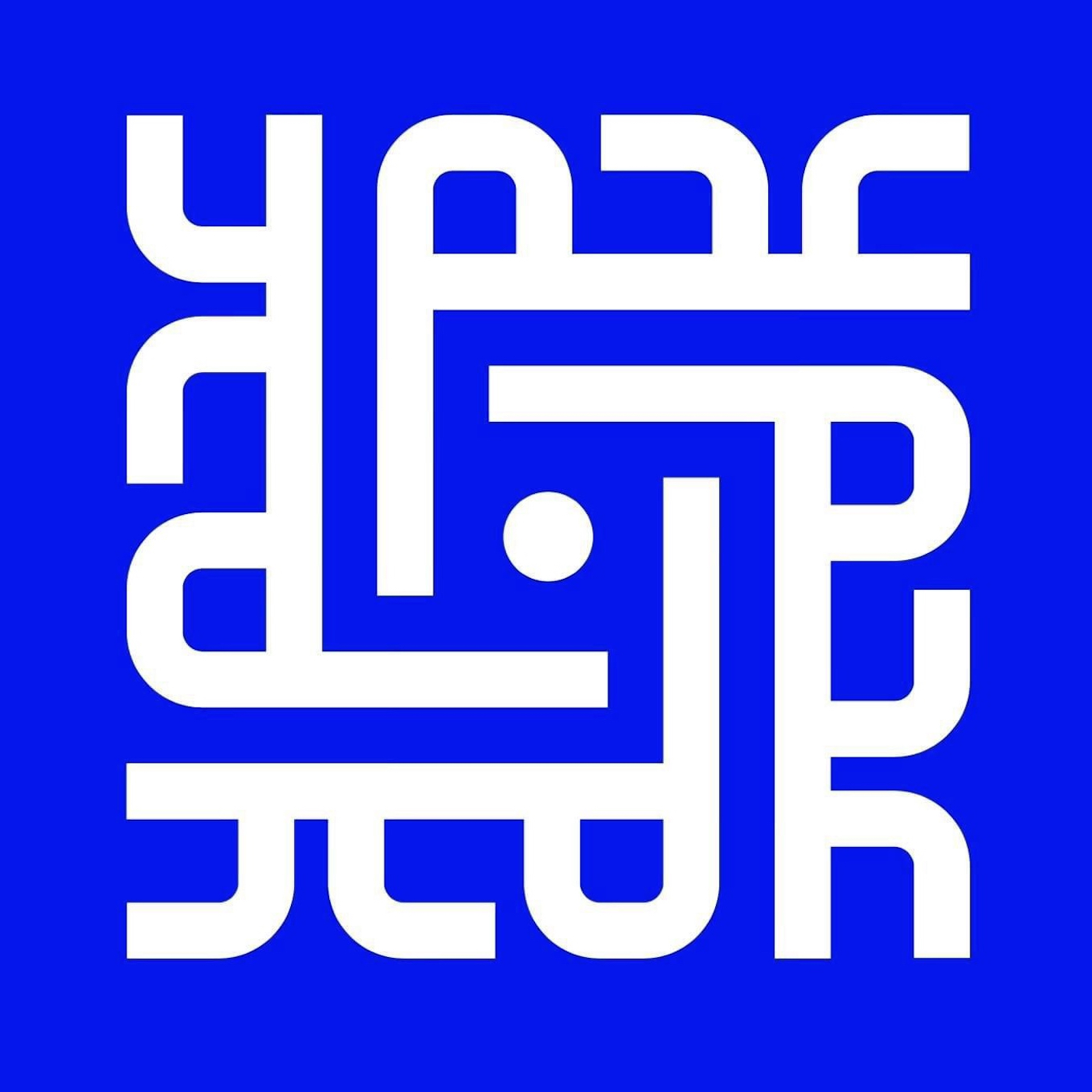
Central Asianists rejoice! In this episode, Rustin speaks with Scott Levi, Professor and Chair of History at Ohio State University. He is the author...

In this episode, Rustin and Ali are joined by Professor Najam Haider, Professor of Religion at Barnard College, to talk about his recent book,...

In this episode, Belle interviews James Gustafson, Associate Professor of History at Indiana State University, about his new book, The Lion and the Sun:...